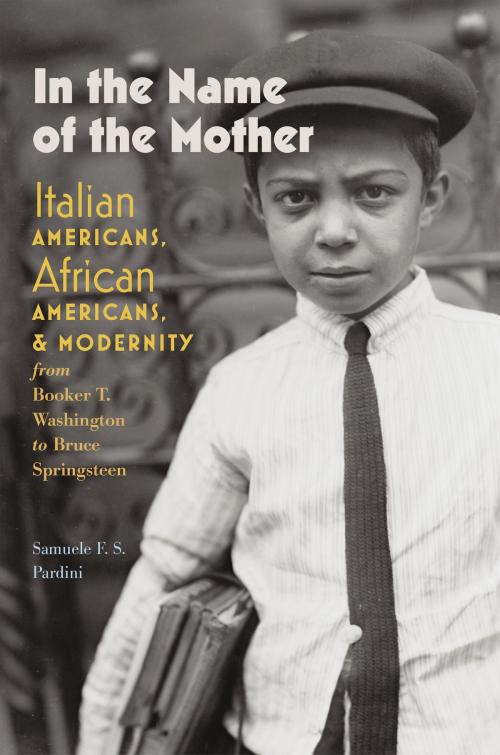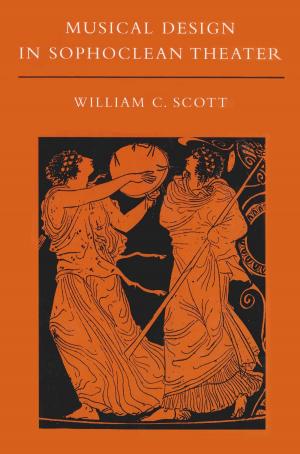In the Name of the Mother
Italian Americans, African Americans, and Modernity from Booker T. Washington to Bruce Springsteen
Fiction & Literature, Literary Theory & Criticism, Black, American| Author: | Samuele F. S. Pardini | ISBN: | 9781512600209 |
| Publisher: | Dartmouth College Press | Publication: | January 3, 2017 |
| Imprint: | Dartmouth College Press | Language: | English |
| Author: | Samuele F. S. Pardini |
| ISBN: | 9781512600209 |
| Publisher: | Dartmouth College Press |
| Publication: | January 3, 2017 |
| Imprint: | Dartmouth College Press |
| Language: | English |
In the Name of the Mother examines the cultural relationship between African American intellectuals and Italian American writers and artists, and how it relates to American blackness in the twentieth century. Samuele Pardini links African American literature to the Mediterranean tradition of the Italian immigrants and examines both against the white intellectual discourse that defines modernism in the West. This previously unexamined encounter offers a hybrid, transnational model of modernity capable of producing democratic forms of aesthetics, social consciousness, and political economy. This volume emphasizes the racial “in-betweenness” of Italian Americans rearticulated as “invisible blackness,” a view that enlarges and complicates the color-based dimensions of American racial discourse. This strikingly original work will interest a wide spectrum of scholars in American Studies and the humanities.
In the Name of the Mother examines the cultural relationship between African American intellectuals and Italian American writers and artists, and how it relates to American blackness in the twentieth century. Samuele Pardini links African American literature to the Mediterranean tradition of the Italian immigrants and examines both against the white intellectual discourse that defines modernism in the West. This previously unexamined encounter offers a hybrid, transnational model of modernity capable of producing democratic forms of aesthetics, social consciousness, and political economy. This volume emphasizes the racial “in-betweenness” of Italian Americans rearticulated as “invisible blackness,” a view that enlarges and complicates the color-based dimensions of American racial discourse. This strikingly original work will interest a wide spectrum of scholars in American Studies and the humanities.















